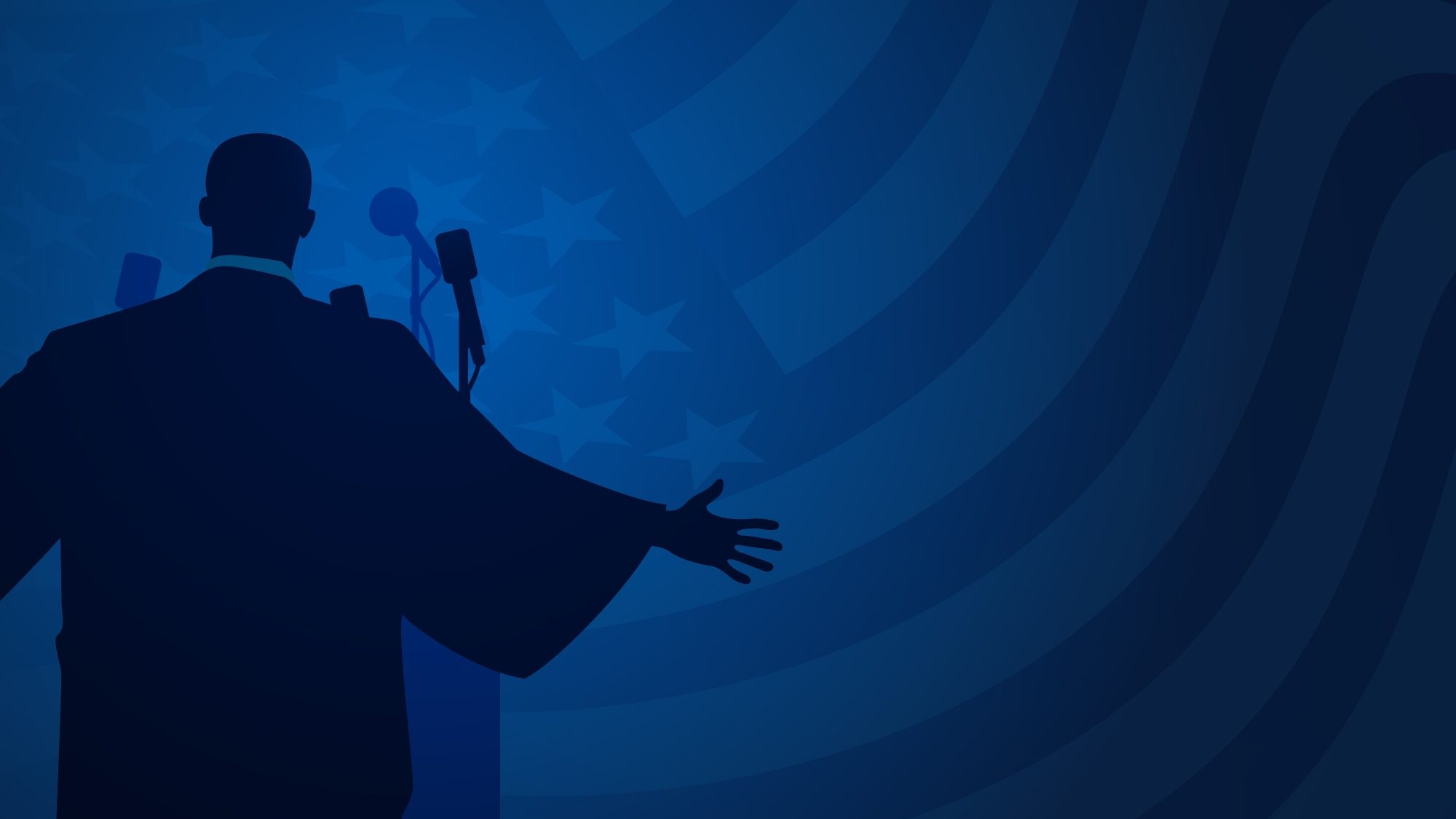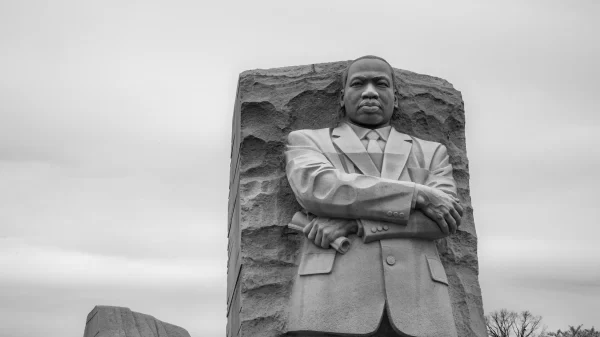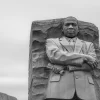As people around the nation and even the world pause to remember the life of Dr. Martin Luther King Jr., it is essential to understand that his message went far beyond civil rights; it also embraced the social gospel which held that Christians must work to improve economic, moral and social conditions here on earth.
When advocating for civil rights, Dr. King only asked for those things promised in the country’s founding document, namely equality of life, liberty and the pursuit of happiness.
However, some were shocked and appalled that King also called for economic fairness, an end to war and mending of the social fabric that divided not only along racial lines but also among the haves and have nots.
King, like social gospel reformers before him, saw Christ’s teachings as a means to bring about political, social and cultural change.
In a 1952 letter to his future wife, Coretta Scott King wrote, “Let us continue to hope, work, and pray that in the future we will live to see a warless world, a better distribution of wealth, and a brotherhood that transcends race or color. This is the gospel that I will preach to the world.”
According to The Martin Luther King, Jr., Research and Education Institute at Stanford University, King was a self-described “advocator of the social gospel.” King’s theology was concerned “with the whole man, not only his soul but his body, not only his spiritual well-being but his material well-being.”
As historian and professor, Vaneesa Cook observes, “His message was global, and it was revolutionary. However, when depicting him exclusively in the context of black radicals during ‘the long civil rights movement,’ or the labor movement, these scholars have a tendency to downplay the most fundamental component of King’s activism – his religion.”
Over the years, King’s critics have painted him as a radical socialist without understanding that his thinking was grounded in the social gospel.
King was greatly influenced by the teachings of Walter Rauschenbusch, a pastor to a Baptist congregation of German immigrants in the Hell’s Kitchen section of New York. In his 1907 book, “Christianity and the Social Crisis,” Rauschenbusch proposed, “Whoever uncouples the religious and the social life has not understood Jesus. Whoever sets any bounds for the reconstructive power of the religious life over the social relations and institutions of men, to that extent denies the faith of the Master.”
According to Christopher H. Evans, Professor of the History of Christianity at Boston University Rauschenbusch, “asserted that religion’s chief purpose was to create the highest quality of life for all citizens.”
Evans points out that in King’s book “Stride Toward Freedom,” he writes, “It has been my conviction ever since reading Rauschenbusch that any religion which professes to be concerned about the souls of men and is not concerned about the social and economic conditions that scar the soul, is a spiritually moribund religion only waiting for the day to be buried.”
The social gospel movement was primarily based on what is known as the Lord’s prayer and the idea of God’s Kingdom on Earth.
The movement’s most pressing question was ‘What Would Jesus Do?’ as first posed by minister Charles Sheldon in his 1896 novel, “In His Steps.” Sheldon’s book has sold more than 30,000,000 copies and ranks as one of the best-selling books of all time. For a brief period in the 1990s, the phrase gained pop culture status with WWJD bracelets.
However, the social gospel movement based on “love thy neighbor” and “What would Jesus do?” was swept away by mid-20th century as a type of anti-capitalist, anti-government radicalism which was subversive to the American way of life.
King tied his faith in the social gospel which led to the nonviolent protest that characterized the Montgomery bus boycott, noting that “Christ furnished the spirit and motivation.”
Gov. Kay Ivey in her 2019 inaugural speech said, “But we would be less than honest with each other if we did not acknowledge that change has not always come easily. Standing here on Dexter Avenue, we are reminded of two different chapters in Alabama history: a time when the Civil War raged and 90 years later when the Civil Rights movement was inspired.”
She further stated, “It is important for all of us to acknowledge our past; after all, it was at a pulpit just down the street that Doctor Martin Luther King Junior so powerfully taught us how to confront struggles with honesty, courage, and love.”
Gov. Ivey confirmed her mettle by invoking King’s spirit in her inaugural address because Alabama is one of the two remaining states to celebrate King and Confederate general Robert E. Lee on the same day.
King’s vision for America was radical at the time but in looking back at history Rauschenbusch wrote that Christianity itself was revolutionary and that “the progressive reign of love in human affairs” will bring about “the progressive unity of mankind.” A thought not dissimilar than the reformist ideas preached by King.
As professor Cook writes in “Martin Luther King, Jr., and the Long Social Gospel Movement,” King’s “image and significance” over the last decade has been recused “from the safe, sanitized, and largely national narrative of incremental racial progress in the 1950s and 1960s.”
Remembering Dr. King demands a look at the broader context of the social change he championed. Love him or hate him, King, like social reformers before him, asked for social equality but in many ways only asked “What would Jesus do?”



















































